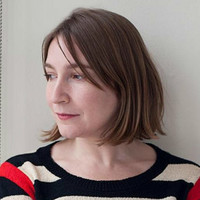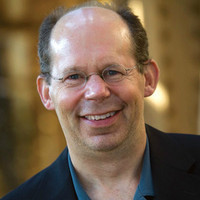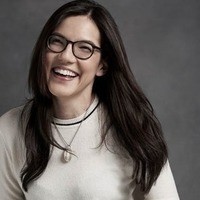Derek Thompson is a staff writer for The Atlantic and host of the podcast Plain English.
“I am an inveterate dilettante. I lose interest in subjects all the time. Because what I find interesting about my job is the invitation to solve mysteries. And once you solve one, two, three mysteries in a space, then the meta-mystery of that space begins to dim. And all these other subjects—that's the new unlit space that needs the flashlight. And that's the part of the job that I love the most: that there are so many dark corners in the world. And I've just got this flashlight, and I can just shine it wherever the hell I want.”













